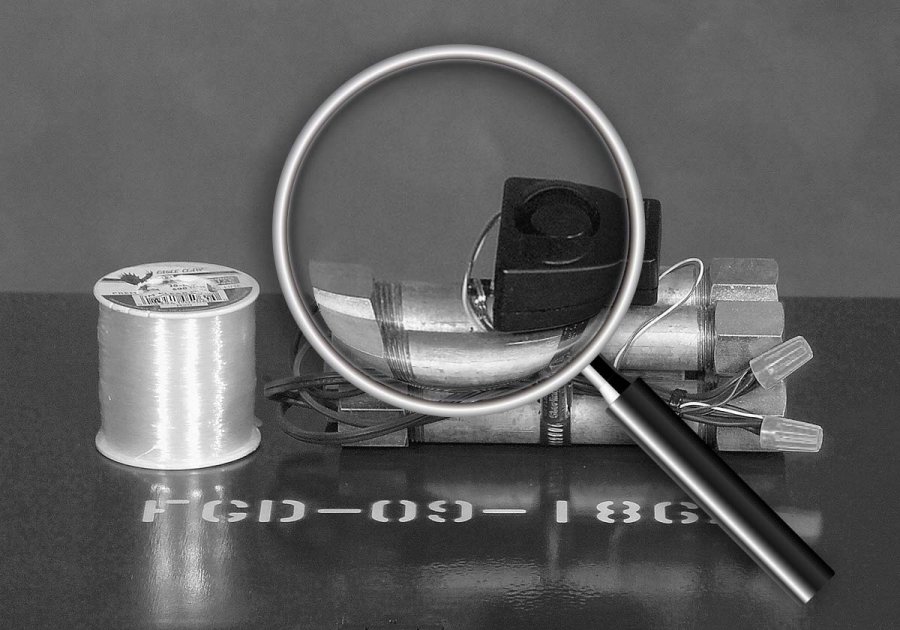So, you have a problem – and it’s one that can only be solved by obtaining information that isn’t freely available. The trouble is, your problem is not a police matter, so you can’t look to them to investigate it.
It looks as though you’ll need the services of a Private Investigator – someone with the skills and resources – and the legal standing, to procure the information you need, in a manner that renders it useful to you – for instance as evidence in a court trial.
But how do you go about choosing the PI that will be most effective in your case? For most of us, hiring a PI is something we will do, if at all, once in a lifetime, so we’ll never be able to rely on “experience” to guide us.
The reasons for which we need to hire a Private Investigator are as various as the human soul itself.Just like lawyers or accountants, many Private Investigators specialise in limited fields of investigation, and their expertise will be similarly limited. Just as you would not retain a conveyancing solicitor to defend you against a charge of negligent driving, so you need to find a Private Investigator with proven expertise in the field in which your problem lies. The majority of licensed PIs, for instance, devote their energies overwhelmingly to insurance matters, and will be less effective – or, frankly, out of their depth – if asked to locate a missing person, report on the infidelities of a partner or gather from a computer or mobile phone digital evidence that can be used in court.
Here are four steps to help you select the right Private Investigator for your work.
1. The first requirement of a Private Investigator must be that they hold the necessary licenses and accreditations. As well as assuring you that your Private Investigator is properly trained and competent, it ensures that their evidence will be admissible in court. In New South Wales, for instance, the activities of Private Investigators are governed by the Commercial Agents and Private Inquiry Agents Act 2004 (CAPI), and similar legislation governs investigators in other states. These laws provide for the disqualification of individuals who have been convicted of a range of offences, or who associate closely with persons who have been so convicted.
Being the holder of a Private Investigator’s license is clearly an essential first step, but any Private Investigator worth his or her salt will also belong to one of the professional bodies, such as the Australian Institute of Private Investigators. This is a further indication that they adhere to the standards you require in choosing someone to do your work.
2. Assuming the Private Investigators you are considering are duly licensed, the next step in choosing between them is to check the Private Investigator’s catalogue of services, to see that the service you require is one that the Private Investigator provides as a primary service, and not merely as an adjunct to their principal business. One clue to this may be provided by the fact that, depending on the nature of the work you need your Private Investigator to perform, they may need additional licensing to their Private Investigator’s license. For instance, to provide security services in NSW, a licensed Private Investigator requires,in addition, a security master license. Typically, the provisions of these licenses are such that it would not be worth the Investigator’s while to meet them unless they were serious about providing the service in question. So possession of such a license is at least a clue, if not conclusive proof, that they are competent in that field.
3. However, being serious about providing a service doesn’t guarantee you that they are particularly adept at doing so!
So the next step in choosing your Private Investigator is to look for evidence of past work they have undertaken that is similar to your own. In particular, look for testimonials. When it comes to choosing the provider of a service you have never used before, there simply is nothing like a personal recommendation. Of course many of a Private Investigator’s clients have perfectly good reasons for not telling the world, even with their personal details redacted, that they needed his or her services. Notwithstanding this, Private Investigators with a solid track record of delivering valuable service will have accumulated a group of satisfied clients who will be prepared to attest to the quality of the service they received. Testimonials published by a licensed Private Investigator, even with personal details redacted, are likely to be genuine, given that publishing false or misleading testimonials is a misdemeanour which, if revealed, will result in the revocation of the Investigator’s license
Another step is to look at the website, see if they run a blog, and if so, check for blog posts that relate to the field in which your problem lies. If not, then regardless of whether they say they do your kind of work, they may in fact be poorly experienced in it.
And remember, Google is your friend – a search of your proposed investigator’s name is highly likely to reveal any bad experiences his or her clients have had.
4. Lastly, there is the matter of geography. Regardless of how competent an investigator may be in the field that interests you, if your case entails, or is likely to entail interstate or international fieldwork, it is essential that the investigator you choose be represented in those territories to which the investigation may lead. Ideally, the firm you choose should have its own offices in the territories of interest. In the case of overseas work this may be a stretch, but your investigator should be able to demonstrate from past experience an ability to create and use effective agency relationships in foreign territories.
Following these simple steps, you should be able to find a Private Investigator who will quickly and efficiently get you the information, or provide you with the security you need.
Lyonswood Investigations and Forensic Group has offices in Sydney, Melbourne, Adelaide, Brisbane, Gold Coast and Canberra. It has specialists in Surveillance, Missing Persons investigations, digital evidence and security, cheating partners investigations, Family Law, Legal and Corporate services, background and asset checking, Signature and Handwriting analysis and security services, and is duly licensed and accredited in all these fields.


